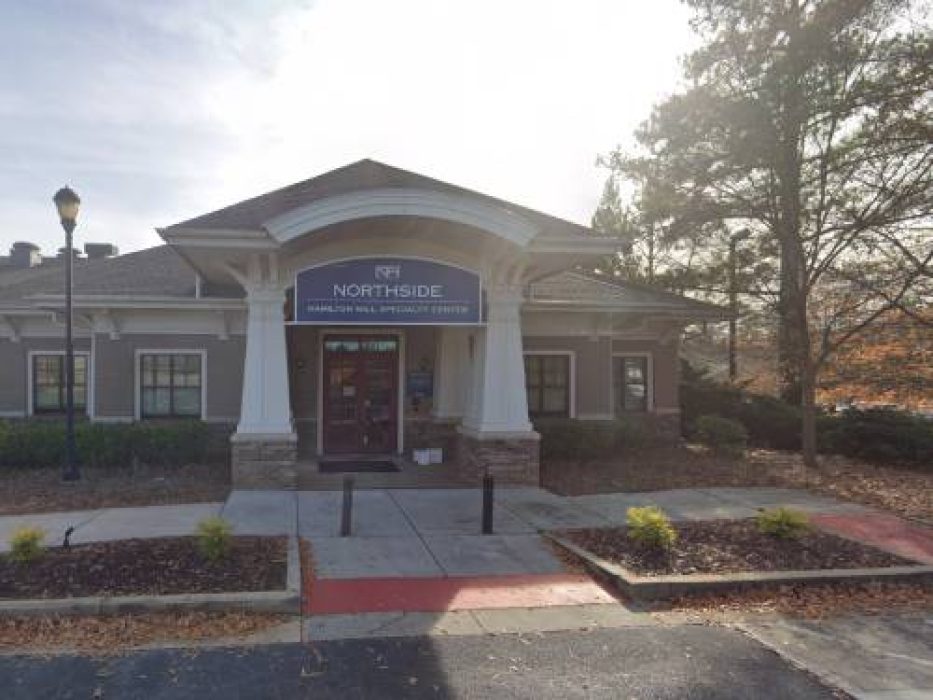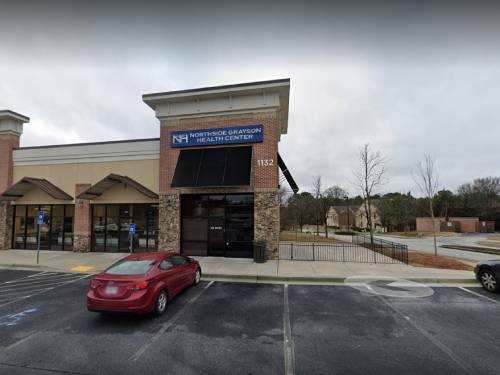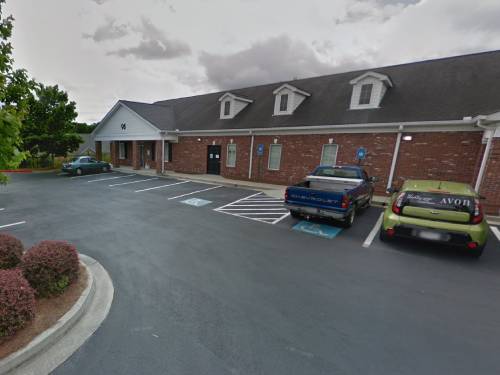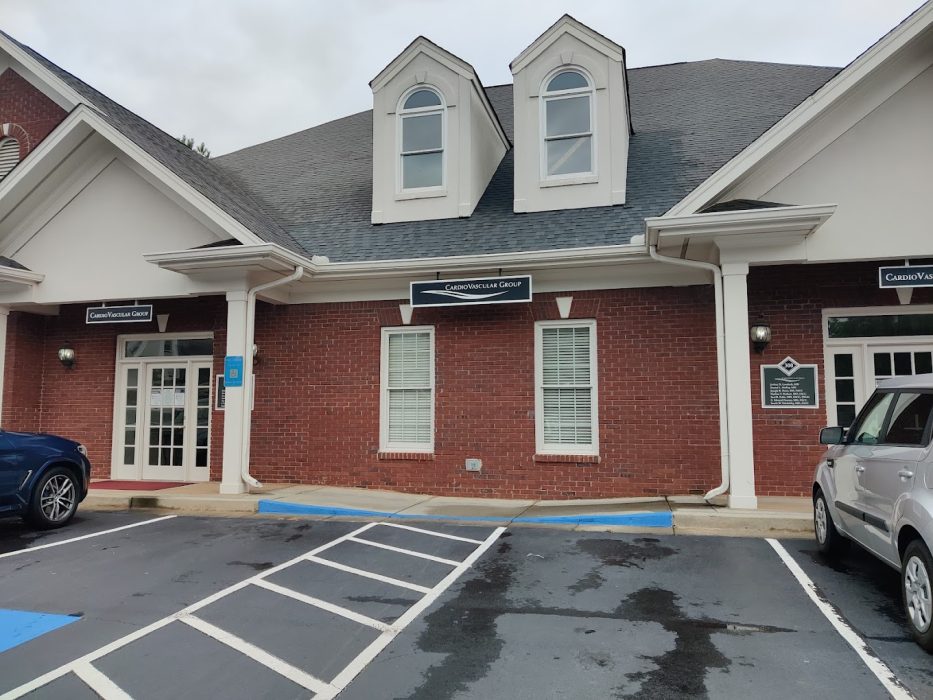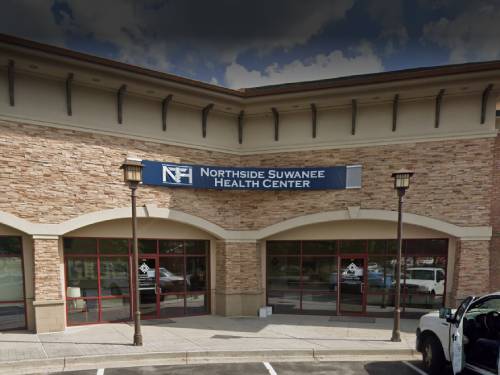Heart Attack
Lorem ipsum dolor sit amet, consectetur adipiscing elit.

Every 40 Seconds, Someone In The US Has A Heart Attack. Learn More About Causes And Prevention.
Heart attack also known as myocardial infarction (MI) is a situation that occurs when one of the heart’s arteries closes completely and the heart muscle tissue begins to die from lack of oxygen. CVG is your. in cardiac care. We provide comprehensive cardiac testing, diagnosis, and care after a heart attack. We can help enroll you in cardiac rehabilitation should you need this care after a heart attack. You can depend on CVG’s board-certified physicians and state-of-the-art treatments to help keep your heart healthy.
Heart attacks occur when a part of the heart muscle doesn’t receive enough blood flow. The more time that goes by without receiving treatment to restore blood flow to the heart, the more damage the heart receives.
At CVG we prefer to prevent coronary artery blockages, rather than have to treat them. Fortunately there are a number of simple actions available to patients to prevent artery blockages, lower your risk of a heart attack and improve your outcomes if you do experience one. Common risk factors for developing blocked heart arteries include: age, tobacco use, diabetes, elevated cholesterol, high blood pressure, family history of heart disease, male gender, post menopause, and lack of exercise. Some of these are beyond our control but many can be .That’s great news, as just a few small changes can provide positive health benefits.
Our cardiologists can give you insights on managing your weight, blood pressure, cholesterol, tobacco,diabetes, and other risk factors to reduce your potential risk of heart attack.
Let’s review details about heart attacks and how CVG can help you with testing, diagnosis, and treatment at our eleven locations in the Atlanta area.
Risk Factors For Heart Attack
Age, tobacco use, diabetes, elevated cholesterol, high blood pressure, family history of heart disease, male gender, post menopause, and lack of exercise are the major common risk factors leading to heart artery blockages.
Almost half of all Americans have at least one ofthese three main risk factors for heart disease: high blood pressure, high cholesterol, and smoking.
While age, family history and gender, cannot be changed, controlling diabetes, cholesterol, and blood pressure by a combination of lifestyle changes and medications is highly effective.
After you’ve experienced a heart attack, your heart may have sustained some damage. This could affect your heart’s electricity, possibly leading to arrhythmias, which are irregular heartbeats. A heart attack may also affects the heart’smusclesability to pump blood to the rest of your bodyor the hearts valves. This situation can result in congestive heart failure. You may also be at risk for another heart attack . Patients with blockages in heart arteries are at risk for blockage in other arteries in the body, including the carotid arteries and the leg arteries. This is referred to as peripheral artery disease (PAD).
By making changes in these areas, you can reduce your chances of future artery disease:
-Physical activity- Talk to your doctors about your daily routine to see if any changes need to be made during recovery. Your doctors may ask you totemporarily limit work, travel, or exercise .immediately after a heart attack, while the heart heals.
-Lifestyle changes– Switching to a healthier diet, increasing physical activity after your rest period, quitting smoking, and managing stress can all help improve your heart health. You may also be prescribed medication that promotes better health.
-Cardiac rehabilitation- This is an important program for anyone recovering from a heart attack, heart failure, or valve disease. This supervised program includes physical activity, education about a healthy lifestyle, and counseling to help relieve stress and improve mental health.
Why Choose CVG?
Leading-edge treatment: With twenty exceptional cardiologists and multiple convenient locations in Atlanta, CVG provides the advanced technology and compassion you need to.keep your heart healthy.
We encourage you to explore our website, particularly our Learning Center, where you can find useful information about heart health. View this article for more details on heart attack diagnosis and treatment.
Here’s a preview:
heart attacks are sudden events, but many people experience symptoms hours, days, or weeks in advance. The earliest warning sign might be recurring chest pressure or shortness of breath triggered by being physically active andrelieved by rest.
Board-certified Doctors
CVG’s twenty board-certified heart doctors will guide you through your healthcare journey with the utmost compassion and individual attention. We aim to provide you with state-of-the-art cardiac care that includes the full spectrum of services, from testing to diagnosis and treatment. The doctor/patient relationship is built on trust. Through our combined efforts, we can conquer any challenge that comes our way.
Cardiac Therapies and Procedures
Invasive therapies may also be used to treat an abnormal heart rhythm, such as electrical cardioversion, which sends electrical impulses through your chest wall and allows your normal heart rhythm to restart, or catheter ablation, which disconnects the pathway of the abnormal rhythm. Suppose your doctor determines that electrical devices are the best course of action. In that case, you may be given a permanent pacemaker, an implantable ardioverter-defibrillator (ICD), or biventricular (B-V) pacemakers and defibrillators.
Related Conditions:
- Causes And Treatment For Heart Arrhythmia
- Causes And Treatment Of Pulmonary Stenosis
- Expert Insights on Cardiac Catheterization
- Expert Insights on Low Blood Pressure
- Exploring the Latest Advances in Atrial Fibrillation Treatment
- Dangerously high cholesterol?
- Get Your Blood Pressure Test Today!
- Understanding Electrical Cardioversion
- What Are ACE Inhibitors Used For?
- What foods are high in cholesterol?
- What Heart Flutters Can Mean
- What is Heart Failure & How to Treat it?
- What Is The Success Rate Of The Watchman Procedure?
Top Conditions:
- How long can someone live with an enlarged heart?
- Pros and Cons of the Watchman Device
- Risks and Complications of Cardiac Catheterization
- Side Effects Of The Watchman Device
- The Benefits of Cardiac Catheterization
- The Dangers Of High Blood Pressure
- The Dangers Of High Cholesterol
- The Watchman Implant Procedure
- Tips To Lower High Cholesterol
- Understanding Cardiac Catheterization
Call to Schedule an Appointment
How CVG Can Help
CVG offers multiple services that can discover risk factors for heart attack and signs of heart disease. At CVG, we perform stress tests that observe blood flow and test for various forms of heart disease. There are three types of stress tests that we perform:
A treadmill test involves walking on a treadmill that gets faster and steeper every 3 minutes. This stresses your heart so our nurse or doctor can determine your heart rate and blood pressure.
An echo test is performed before and after your treadmill test to determine how well your heart pumps blood.
A nuclear stress test is a treadmill test prefaced by an injection of medicine that shows blood flow to the heart.
We also offer cardiac catheterization to diagnose and treat several heart issues. If any of these tests determine a problem, we provide treatment solutions such as atrial fibrillation testing and catheter ablation. Learn more about our services here, or schedule an appointment to talk to our doctors.
Schedule Your Appointment with a CVG Atlanta Area Cardiologist
Expertise, experience, and compassion are the pillars of CVG’s patient-centered cardiac care. Please schedule your appointment with CVG today. Call (770) 962-0399 or 678-582-8586. You may also request an appointment online. If you have an emergency, don’t contact us online; please call 911.
Loactions That Treat Heart Attack




